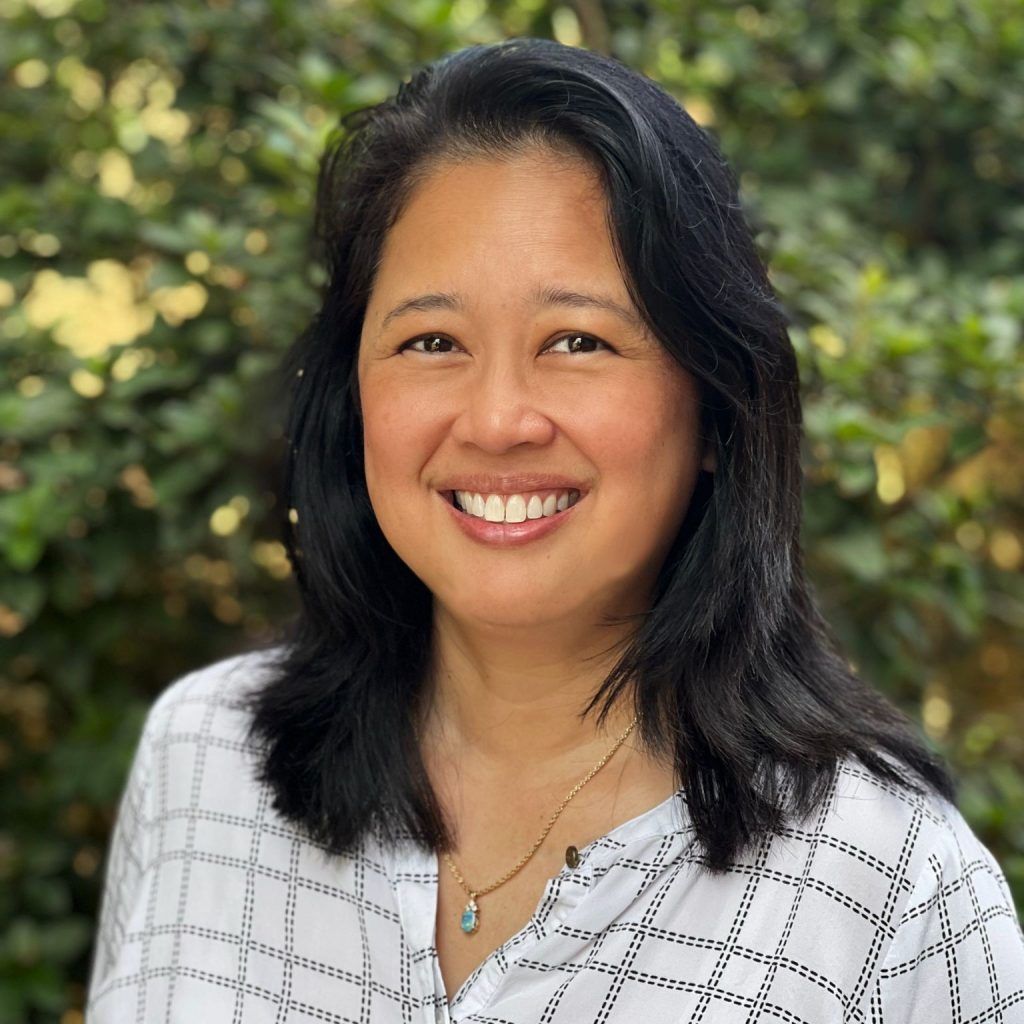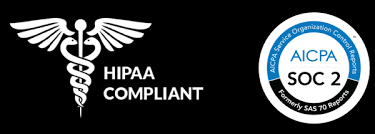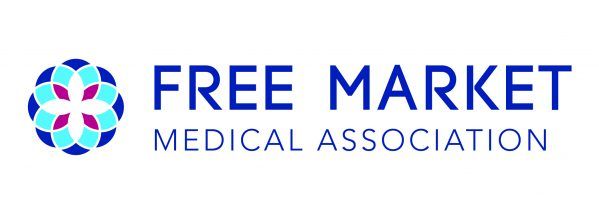Health Compiler and Hint Collaborate to Enhance Primary Care Practice Growth

Dr. Grace Torres
A Physician’s Vision: Building a More Patient-Centric Direct Specialty Care Practice
In the midst of a profound transformation in healthcare, one visionary leader is paving the way for a more patient-centric future: Dr. Grace Torres-Hodges, podiatrist and foot surgeon. A passionate advocate of the direct care model, Dr. Torres-Hodges is at the forefront of a movement that prioritizes patient needs and leverages data-driven approaches. Her unique insights reveal how direct care is not only reshaping healthcare delivery but also revolutionizing the economic and operational frameworks that support the system. Join us as we explore Dr. Torres-Hodges’s groundbreaking contributions to the evolving landscape of healthcare.
The Impact of Direct Specialty Care
Dr. Torres Hodges' journey into direct specialty care has opened her eyes to a transformative vision for healthcare that extends far beyond simply delivering specialized services. She believes this model is about maintaining physician autonomy and rebuilding the essential relationship between specialists and patients, which often gets lost in the complexity of our current system. By eliminating intermediaries, direct specialty care fosters deeper, more meaningful connections, leading to enhanced patient outcomes and greater trust in complex medical situations.
The impact of this approach in specialty fields, like it has in primary care, is profound: it can reduce overall healthcare costs while creating a more responsive and adaptable environment that meets the evolving needs of patients in the outpatient setting. Torres-Hodges envisions a healthcare system that prioritizes not only efficiency but also compassion and accessibility, even in the most specialized medical fields.
This reimagined landscape allows both patients and specialty providers to thrive, making healthcare truly centered around the needs of individuals with complex medical conditions. Her approach is particularly impactful in fields where patient-provider relationships are crucial for long-term health management, such as cardiology, endocrinology, rheumatology, and oncology.
Technology and Direct Care
A pivotal aspect of Dr. Torres-Hodges' vision is her advocacy for integrating innovative technology to enhance direct specialty care practices – important for day-to-day activities as well as gathering data for practice analysis. She explores platforms that support self-funded health plans and streamline essential functions such as utilization management, chronic care management, and electronic health record (EHR) integration, all tailored to the unique needs of specialty practices.
These advanced technological solutions act as catalysts for change, empowering direct specialty care practices to manage their complex resources more efficiently and significantly improve the overall patient experience in specialized medical fields. She emphasizes that this technological integration is crucial for demonstrating the tangible benefits of direct specialty care to a wider audience, including employers, HR professionals, and industry veterans.
By showcasing the cost savings and health improvements achieved through the direct care model in specialty fields, these platforms help shift perceptions and encourage broader adoption of this approach in complex medical specialties. As she continues to champion these advancements, Dr. Torres Hodges envisions a future where direct specialty care is not only a viable option but also a preferred model of healthcare delivery for complex medical conditions.
“Oftentimes, doctors are hesitant to transition to a direct care model because they want to see more tangible and evidence-based results of proof of concept. Fortunately, there are more platforms now that are gathering that data.”
Expanding Direct Care to Various Specialty Fields
Dr. Torres-Hodges urges the need for physicians to collaborate with other experts including the founders of the Direct Specialty Care Alliance - Dr. Diana Girnita, rheumatologist and Dr. Lara Briseno Kenney, oncology, demonstrates the potential of direct care across various specialty fields such as podiatry, cardiology, neurology, and other complex medical disciplines. This expansion highlights the versatility and adaptability of the direct care model, allowing specialists to offer patient-centered, transparent care without the interference of insurance-driven restrictions.
The application of direct care principles to specialty fields is revolutionizing how complex medical conditions are managed. It allows for longer appointment times, more frequent follow-ups when needed, and a more holistic approach to patient care. This is particularly beneficial in fields like neurology or oncology, where patients often require comprehensive, multifaceted treatment approaches. Where ongoing management and frequent adjustments to treatment plans are necessary, the direct care model allows for more responsive and personalized care. Dr. Torres-Hodges emphasized that this shift enables specialists to focus on medical necessity and personalized treatment decisions, offering greater value and flexibility to patients with complex medical needs.
“The essence of clinical care in medicine is centered on maintaining physician autonomy and respecting the doctor-patient relationship.”
The Power of Data in Specialty Care
In the direct specialty care space, data is a powerful tool for demonstrating value and effectiveness. Dr. Torres-Hodges highlighted how direct specialty care practices can leverage practice data to track metrics such as cost savings, patient satisfaction, and utilization rates in complex medical scenarios. By focusing on these tangible results, direct specialty care practitioners can build a compelling case for the model's superiority over traditional insurance-based systems.
This data-driven approach is especially valuable in specialty fields where outcomes can be more challenging to quantify. For example, in pain management or psychiatry, patient-reported outcomes and quality of life measures become crucial indicators of success. Torres-Hodges advocates for comprehensive data collection and analysis to not only improve individual patient care but also to contribute to broader research and understanding of complex medical conditions.
Moreover, the ability to track long-term outcomes and cost savings in specialty care can be a game-changer for healthcare economics. By demonstrating improved health outcomes and reduced overall healthcare costs for patients with chronic or complex conditions, direct specialty care practices can make a compelling argument for wider adoption of this model.
A Paradigm Shift in Specialty Care
Dr. Torres-Hodges explains how the shift from insurance-based healthcare to a patient-centric model redefines the specialist-patient relationship. The direct specialty care approach removes barriers and perverse incentives that often plague insurance-based systems, allowing specialists to dedicate more time to patient care. This is particularly crucial in complex medical fields where patients require more individualized attention and tailored treatments.
In specialties where treatment decisions can be life-altering, the direct care model allows for more thorough consultations and shared decision-making. Patients can fully understand their conditions and treatment options, leading to better-informed decisions and improved adherence to treatment plans.
Furthermore, the direct specialty care model allows for more flexibility in treatment approaches. Specialists can more easily incorporate complementary therapies, lifestyle modifications, or cutting-edge treatments that may not be covered under traditional insurance models. This holistic approach is especially beneficial in fields like integrative medicine or functional neurology.
Integration and Interoperability in Specialty Care
A persistent challenge in specialty healthcare has been the fragmentation of patient data across various systems and providers. Torres-Hodges emphasized that direct specialty care, with its holistic approach to patient care, is uniquely positioned to solve this problem. This integration is particularly crucial in specialties that often require collaboration with other healthcare providers. For instance, in gastroenterology, a patient's care might involve coordination with nutritionists, surgeons, and primary care physicians. The direct care model facilitates seamless communication and data sharing among these providers, ensuring that all aspects of a patient's health are considered in treatment decisions.
Dr. Torres-Hodges envisions a future where direct care practices are able to control and create hubs of patient information, coordinating care across various specialties and primary care providers. This approach not only reduces duplicate tests and procedures but also empowers patients with access to their complete medical history, fostering a more engaged and informed patient population.
Economic Implications for Specialty Healthcare
The direct specialty care model is prompting a profound reevaluation of healthcare economics, particularly in complex and often costly specialty fields. Dr. Torres-Hodges advocates for restructuring the financial relationship between patients and specialist providers by eliminating middlemen, such as insurance companies and bureaucratic intermediaries.
This direct financial arrangement in specialty care leads to greater price transparency and significantly reduces administrative costs, which can often inflate healthcare prices and create barriers to access, especially for specialized treatments. By fostering a direct connection between patients and their specialist healthcare providers, the model ensures a closer alignment of incentives, making it easier for specialists to focus on patient outcomes rather than navigating complex insurance processes.
She envisions a future where healthcare financing in specialty fields is clear and straightforward, allowing individuals to make informed choices about their complex medical care without the confusion of hidden fees and convoluted billing practices. The economic benefits of this model extend beyond individual patient savings. By reducing unnecessary tests, procedures, and administrative overhead, direct specialty care has the potential to significantly lower healthcare costs on a systemic level, particularly for the management of chronic and complex conditions that often drive a large portion of healthcare spending.
Challenges and Opportunities
Despite the promise of the direct specialty care model, Dr. Torres-Hodges acknowledges the challenges that lie ahead, particularly concerning scalability, integration with traditional healthcare systems, and educating the public about the benefits of this approach in complex medical fields. However, she views these challenges as opportunities for innovation and growth in specialty care.
Dr. Torres-Hodges believes that by leveraging technology to streamline operations and enhance patient interactions, fostering collaborations among healthcare providers, and focusing relentlessly on improving patient outcomes in complex medical scenarios, direct specialty care can overcome these hurdles. She envisions a future where direct specialty care is seamlessly integrated with existing healthcare infrastructures, allowing for a hybrid model that draws on the strengths of both direct and traditional care.
“I didn’t change how I practice medicine, I just changed how I interacted with the system.”
Conclusion: A Vision for the Future
Dr. Torres-Hodges along with many of her specialist colleagues’ visionary leadership underscores the transformative potential of direct specialty care, showcasing its ability to redefine not just how specialized healthcare is delivered but also how it is financed and experienced. As she and other leaders in the field continue to push the boundaries of what is possible, they are laying the groundwork for a healthcare system that is more patient-centered, transparent, and driven by data, even in the most complex medical specialties.
Her journey and unwavering dedication to the direct specialty care model serves as a powerful call to action for the entire healthcare community. By embracing innovation, focusing on patient care, and advocating for economic reforms in specialty fields, she demonstrates that a better, more equitable healthcare system is not only possible but well within our reach.
As we look to the future, Dr. Torres-Hodges and the direct specialty care colleagues' insights and leadership inspire a collective movement toward a healthcare landscape that truly serves the needs of all individuals, including those with complex medical conditions. Her work in direct specialty care is fostering a healthier and more equitable society, one where specialized medical care is accessible, affordable, and centered on the patient's needs and experiences.
Find her on Google: Direct specialty care in Pensacola, Florida or visit the website:
www:thpodiatry.com
Interested to share your story?
Contact us today & Let us know!
We will get back to you as soon as possible
Please try again later

+1 415 657 8241
Health Compiler Inc.
2261 Market Street #4632
San Francisco, CA 94114
All Rights Reserved | Health Compiler Inc.
Made with ❤️ in San Francisco

QUICK LINKS
RESOURCES
LET'S STAY IN TOUCH
Contact Us
We will get back to you as soon as possible.
Please try again later.

